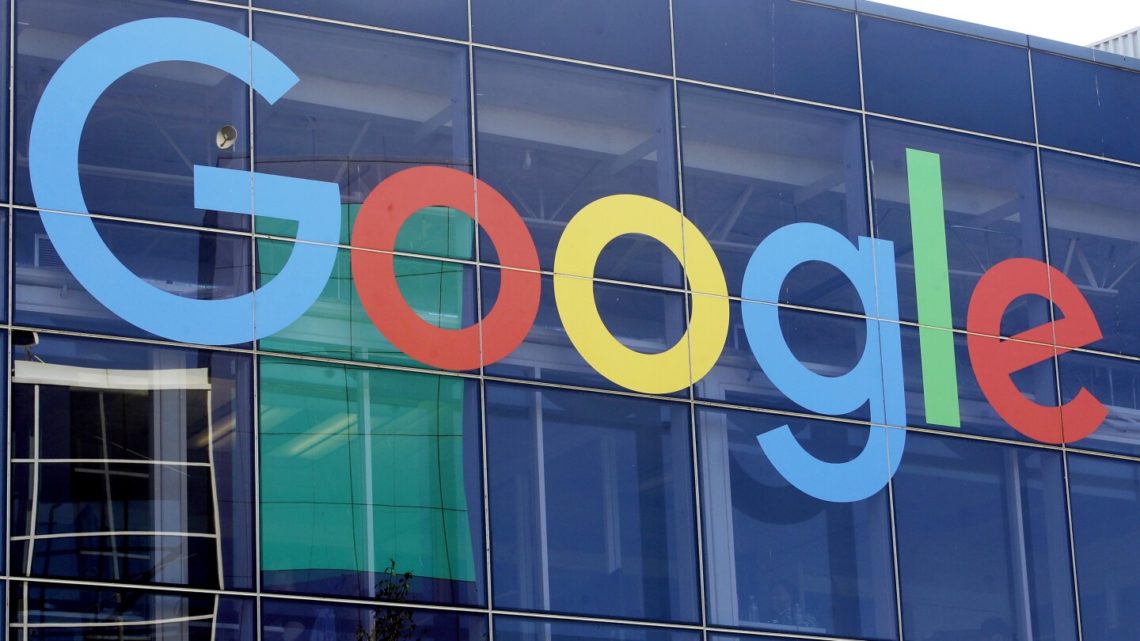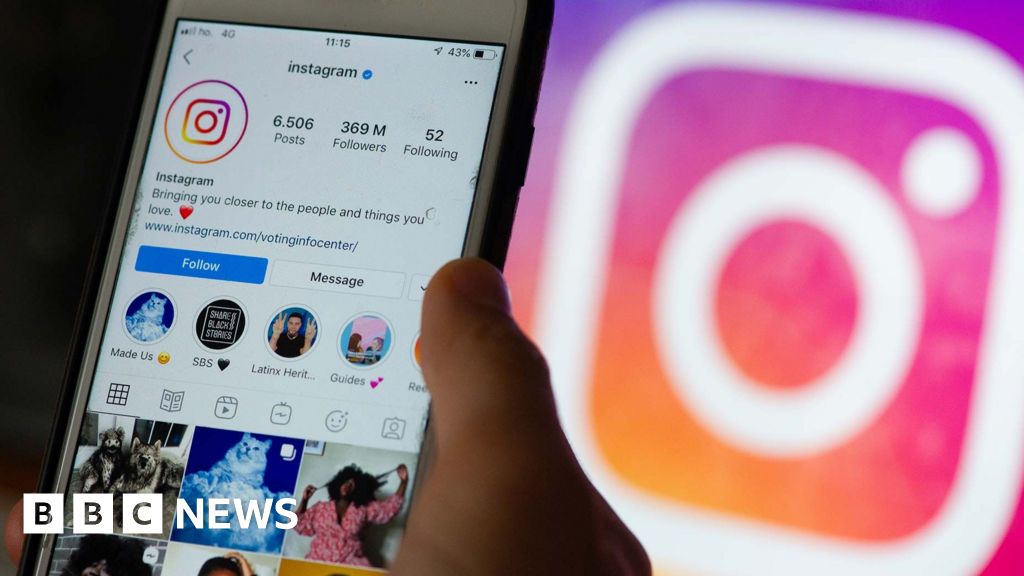Google Experiences Widespread Outage, Highlights Need for Better Backup Systems

About the Organizations Mentioned
Google Cloud
Google Cloud is a comprehensive suite of cloud computing services provided by Google, designed to offer scalable infrastructure, data analytics, machine learning, and AI capabilities to enterprises worldwide. It operates globally through data centers organized into regions and zones, providing physical and virtual resources like virtual machines (VMs), storage, and specialized hardware such as custom-built AI chips[3]. Founded as part of Google’s broader technology ecosystem, Google Cloud has evolved into a major player in the cloud market, though it currently holds about 12% of the global cloud infrastructure market share—behind Amazon Web Services (30%) and Microsoft Azure (21%)[1]. Despite this, Google Cloud is recognized for its technological leadership, especially in AI and machine learning, leveraging innovations from Google DeepMind and partnerships with NVIDIA to deliver cutting-edge AI capabilities through services like Gemini on NVIDIA Blackwell GPUs and Vertex AI for enterprise AI customization[2][4][5]. Under CEO Thomas Kurian, who joined in 2022 from Oracle, Google Cloud is focusing on improving its go-to-market strategies and partnerships to better capitalize on its technical strengths and expand enterprise adoption[1]. Its recent announcements at Google Cloud Next 2025 include advances in AI infrastructure such as distributed runtimes (Pathways), enhanced GPU offerings (A4 and A4X VMs), and dynamic workload scheduling, positioning it as a leader in AI infrastructure innovation[2]. Google Cloud’s AI tools support diverse industries by enabling generative AI to automate workflows, enhance creativity, and improve customer engagement, with strong emphasis on trust, governance, and compliance in regulated sectors[5]. It also fosters AI-assisted software development through frameworks that integrate AI workflows efficiently into enterprise operations[6]. Overall, Google Cloud combines Google’s vast infrastructure, proprietary AI models, and strategic partnerships to offer a powerful cloud platform that is increasingly shaping the future of enterprise technology and AI-driven innovation.
Spotify
Spotify, founded in 2008 and headquartered in Stockholm, Sweden, is the world’s most popular audio streaming subscription service, with more than 696 million monthly active users and 276 million subscribers across over 180 markets as of mid-2025[1][2]. The company revolutionized music consumption by shifting the industry from a transaction-based model (buying albums or tracks) to an access-based, on-demand streaming platform[3]. Today, Spotify offers over 100 million music tracks, nearly 7 million podcast titles, and 350,000 audiobooks, positioning itself as a comprehensive hub for digital audio content[2][3]. ## History and Evolution Since its launch, Spotify has consistently innovated, first by making music streaming mainstream and then by expanding into podcasts and, in 2022, audiobooks[2][3]. This diversification has allowed Spotify to attract a broader audience and reduce reliance on music licensing, a historically challenging area for profitability. The company’s mission is to “unlock the potential of human creativity,” aiming to enable a million artists to make a living from their art while providing billions of fans with access to a vast array of audio content[2][3]. ## Key Achievements Spotify’s growth has been remarkable: in 2024, it paid out a record $10 billion to the music industry, bringing its total payouts since inception to nearly $60 billion[6]. The platform has democratized music distribution, enabling over 10,000 artists to earn more than $100,000 annually from Spotify alone—a significant increase from just 10,000 artists earning $10,000 annually a decade ago[6]. Spotify now accounts for about a third of global recorded streaming revenue and over half of independent labels’ streaming revenue, underscoring its pivotal role in the music ecosystem[6]. ## Current Status and Strategy Financially, Spotify reported €4.2 billion in revenue for Q2
Discord
**Discord: Revolutionizing Online Communities** Discord, founded by Jason Citron and Stanislav Vishnevskiy in 2015, is a pioneering social media platform designed initially to facilitate seamless communication among gamers. Citron, having previously founded OpenFeint, a social gaming platform for mobile games, leveraged his experience to address a significant problem: the lack of reliable voice-over-IP (VoIP) solutions for gamers. This led to the development of Discord, a platform that offers real-time text, voice, and video chat services, all accessible at no initial cost. **History and Key Achievements** - **Early Days**: Citron and Vishnevskiy began developing Discord after recognizing the need for a more efficient communication tool for gamers. Their first product, *Fates Forever*, laid the groundwork for Discord's features. - **Launch and Growth**: Discord officially launched on May 13, 2015, with a focus on user-friendly design and minimal performance impact. Its early adoption strategy targeted gaming communities and influencers, which quickly expanded its user base. - **Notable Features**: Discord introduced servers—customizable, invitation-only social hubs where members can collaborate. It also offers cross-platform support and built-in encryption for data security. **Current Status and Notable Aspects** - **Global Reach**: Today, Discord is not just for gamers; it has become a central platform for various online communities, including teens and social groups. - **Innovation**: Discord's use of Elixir for the backend, React for the frontend, and WebRTC for voice communication has enabled high-quality, real-time interactions. Its mobile-first design ensures a seamless cross-platform experience. - **Financial Milestones**: Recently valued at $7 billion, Discord has secured significant funding, positioning it as a major player in the tech industry. Discord's success reflects its ability to adapt and innovate, transforming from a niche gaming tool to a global community platform. Its emphasis on user experience and scalability






